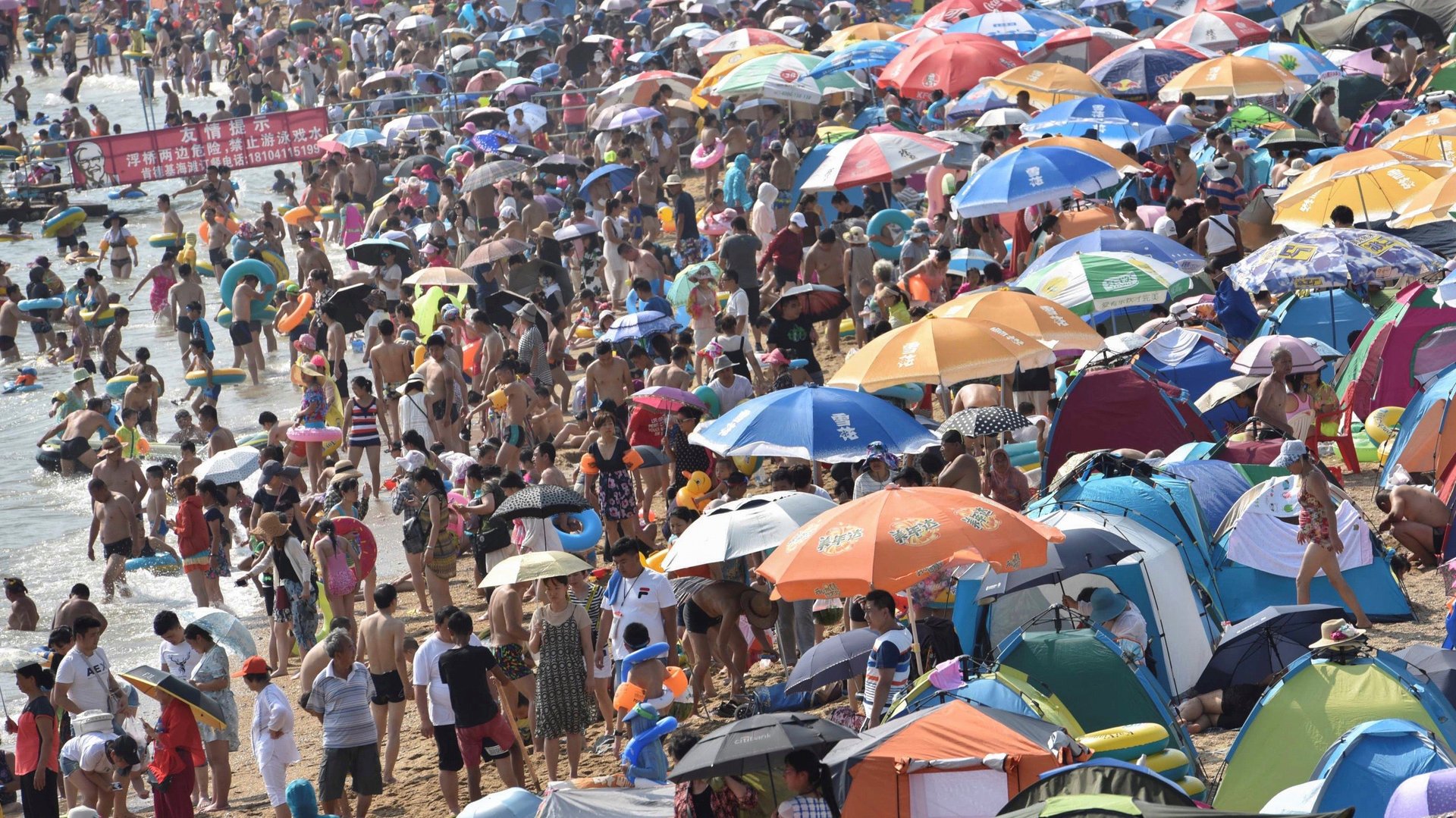The key to a perfect summer is making absolutely zero plans
In our hustle culture the richest among us are those who control their calendars. Yet despite feeling too busy, complaining of burnout and stress, and wanting to do little more than gaze numbly at Netflix, we pack our days with plans and fill the hours, weeks, and months in advance for fear of being bored.


In our hustle culture the richest among us are those who control their calendars. Yet despite feeling too busy, complaining of burnout and stress, and wanting to do little more than gaze numbly at Netflix, we pack our days with plans and fill the hours, weeks, and months in advance for fear of being bored.
This summer, go for the opposite approach. Make no plans. Scrap the calendar. Don’t climb Mount Kilimanjaro or Mount Everest, with their traffic-jammed trails, or hurry to the Hamptons, where you’ll see everyone you left New York City to escape. Forget living like a local in Portugal though you’re a tourist. Reserve no Airbnb. Instead, delight in not knowing where you will be going or what you will do and let time unfold. The more you’re afraid of being bored, the more likely it is that this is precisely the kind of break that will liberate you and lead you to new heights of creativity and relaxation.
Being bored is good for your health. One reason many of us feel especially stressed now is because technology keeps us constantly entertained. Our brains are accustomed to consuming lots of content and we rarely turn the external stimuli off. As a result, we feel as if we are always doing something, but much of this consumption isn’t actually enriching us. It is merely filling time, that thing which we claim is so precious but that we give away so liberally.
Being bored is good for your mind, imagination, and productivity, argues Sandi Mann, author of The Upside of Downtime and a senior psychology lecturer at the UK’s University of Central Lancashire. Boredom is “a search for neural stimulation that isn’t satisfied,” she told Time magazine. “If we can’t find it, our mind will create it.” Her research, and that of other social scientists, has shown that giving the mind space to wander and daydream leads to inspiration and innovation.
While some may protest that they can’t abandon plans because they have kids to keep busy and precious few vacation days they must take advantage of, that’s not actually a valid response. For one thing, psychologists recommend that children be bored during their summer vacations, as Olivia Goldhill has noted in Quartz. It teaches them resourcefulness, time management, and creativity, and inspires them to find entertainments born of their own imaginations.
For another thing, cramming a busy vacation into an already harried life undermines the whole point of time off, which is to create a brief sense of spaciousness in our otherwise packed days. If we spend the days we are free hurrying up to get a bunch of supposedly fun stuff done, we never discover our own depths, don’t tap our inner resourcefulness, and come back from a break more exhausted than when we left. It means we don’t relax and end up feeling perpetually stressed.
So though it may be totally anathema to you, clear your calendar this summer. Think of time as money and be really stingy with yours, avoiding obligations and entertainments that don’t arise spontaneously. It may be the best season you’ve had in years, especially if you’re bored to tears and discover that’s nothing to fear.